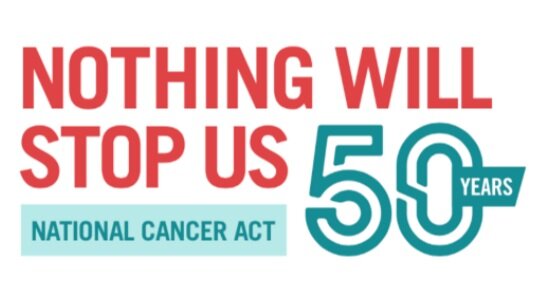Our 2021-2022 Policy Priorities
Children’s Cancer Cause leads efforts to ensure that the needs and perspectives of children with cancer and childhood cancer survivors are integrated into the highest deliberations on health care and cancer policy at the federal level. We develop legislation and policy proposals, collaborate with coalitions and alliances, and mobilize grassroots advocates around the country.
Below lists our top policy priorities for the 117th Congress (2021-2022) and targeted activities in pursuit of these goals.
Accelerate childhood cancer research and new treatment development
Children’s Cancer Cause is developing an advocates’ agenda for the upcoming reauthorization of the Prescription Drug User Fee Act (PDUFA), legislation that must pass in 2022. The last PDUFA legislation, passed in 2017, included provisions from the RACE for Children Act, which required companies to accelerate early pediatric evaluation of molecularly targeted cancer drugs.
Getting drug companies to test targeted therapies early in kids has been a goal for Children’s Cancer Cause since our founding in 1999. As we continue to pursue this priority, we’re working on how U.S. efforts in this arena can align with current and evolving international initiatives, including the ACCELERATE platform.
Identify barriers to treatment and to quality survivorship care
STAR Act: We continue to actively engage with Congress and federal agencies to ensure full implementation of 2018’s Childhood Cancer STAR Act. We are monitoring and commenting on issues such as disparities and barriers in pediatric survivorship research and care, transitions in care for children with serious health needs, and innovative models of pediatric survivorship care.
STAR 2.0: Children’s Cancer Cause is leading an Alliance for Childhood Cancer working group in charting a roadmap for the community’s survivorship agenda, specifically in the next iteration of the STAR Act (“2.0”).
Survivorship Demonstration Project: We continue to develop an initiative that creates a series of childhood cancer demonstration projects in the Medicaid program, with a goal of finding an effective transition model from active treatment to survivorship care. We are advocating for federal legislation, as well as a state Medicaid model under current Center for Medicare and Medicaid demonstration models. Learn more about our Child and Survivorship Transition (CAST) Model →
Health Equity: Children’s Cancer Cause is deeply committed to addressing disparities in healthcare access and improving quality of care for minorities and underserved populations. We are actively seeking opportunities - alongside our coalition partners - to further explore specific health inequities facing children with cancer and childhood cancer survivors.
Develop institutional, financial, and geographic policy solutions to care barriers
At least one-third of childhood cancer patients depend on Medicaid coverage for their care.
Children’s Cancer Cause thanks Congress and our advocates for passage of The CLINICAL TREATMENT Act at the close of the 116th Congress. This new law requires Medicaid to cover routine care costs associated with enrollment in approved clinical trials for those with life-threatening conditions.
In the 117th Congress, we will seek support and passage of the bipartisan Accelerating Kids’ Access to Care Act, which will improve access to care for children with complex medical conditions by streamlining the Medicaid provider screening and enrollment process.
Secure strong federal funding in the fight against childhood cancer
Childhood cancer research is almost entirely dependent on federal funding through the National Institutes of Health (NIH). Ensuring strong funding for research is a core focus of our advocacy work and is especially critical during the COVID-19 pandemic, which has interrupted clinical trials and threatens sustained cancer research progress.
Notably, 2021 marks the 50th anniversary of the National Cancer Act of 1971, which launched the nation’s “war on cancer.” The NCI is commemorating the milestone with an awareness campaign aimed at igniting renewed enthusiasm for scientific research and inspiring the next generation of diverse talent.
Much of our appropriations agenda is pursed through our membership in coalitions such as One Voice Against Cancer (OVAC), the Alliance for Childhood Cancer, the Cancer Leadership Council, and others.
Specific to childhood cancer in FY2022, we will seek full funding for the Childhood Cancer STAR Act and the Childhood Cancer Data Initiative, additional funding for RACE Act implementation, and for pediatric and adolescent and young adult cancers to again be included as priority research topics for the Department of Defense’s Peer Reviewed Cancer Research Program.
We’ll also push for passage of the Gabriella Miller Kids First Research Act 2.0, which supports the Kids First Pediatric Research Program at the NIH, funding much-needed research on rare childhood cancers, birth defects, and other rare pediatric diseases. Funding for the 2014 research program expires in Fiscal Year 2023. The Kids First 2.0 legislation will ensure long-term continuity of that life-saving research.

